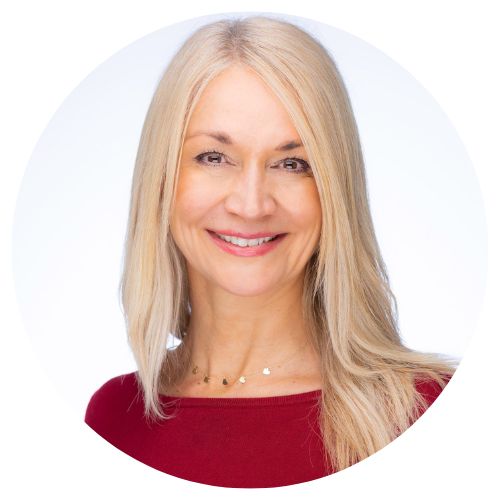Rebekah Wallis, Director of People and ESG (Environmental Social and Governance) at Ricoh UK gives insight into her personal experience with disability while maintaining a career and sheds light on how organisations can improve their disability inclusivity in the workplace.
Striking a balance
I know first-hand the challenges, and indeed the joys, of caring for someone living with disability can bring, especially when juggling a full-time career.
My eldest daughter, Sarah, has a condition called global development delay and requires 24-hour support. The journey to my daughter’s diagnosis was difficult to navigate alongside my role but was made significantly easier with flexibility from my employer.
There are an estimated 14.6 million people living with disability in the UK right now yet disability, particularly in the workplace, remains vastly misunderstood.
A recent study revealed that while 90% of global businesses prioritise diversity and inclusivity, only 4% consider disability a key concern.
This needs to change, as businesses are not only discriminating against disability, but are missing out on the many benefits of a diverse workforce.
How can business support?
Living with and caring for someone with a disability can be incredibly demanding and can sometimes feel like living two lives – and working two jobs. Perhaps the simplest, and most effective way businesses can support those caring for and living with a disability is by implementing flexible working policies.
These adjustments could be anything from offering flexible working hours or the ability to work from home as needed. This for many can reduce the stress of commuting or help to accommodate for any physical limitations of their condition.
I’ve been fortunate that Ricoh’s flexible-first working policy gave me the support (and flexibility) to work initially 3-days a week when I needed to care for my daughter.
However, I understand my experience isn’t always commonplace and has fueled my passion for supporting the cause and reinforcing to businesses why greater steps need to be taken in creating more inclusive workplaces.
Practical steps
Disability ranges from the physical to the mental, and whilst there are conditions that make working impossible, there are many individuals who are more than ‘fit for work.’
A crucial step in fostering a more inclusive environment is creating a workspace that can be tailored to accommodate a variety of disabilities and neurodiversity.
Physical disabilities are now, thankfully, largely catered for across the board. Most office spaces now have wheelchair ramps, accessible restrooms, automatic doors and modified office equipment such as height-adjustable desks and one-handed keyboards, which can be hugely beneficial.
Whilst these cater to an array of physical difficulties, many conditions are ‘hidden’ and call for adjustable working policies to provide employees with the flexibility to work where and how they feel most comfortable and productive.
Fostering understanding
Introducing support groups can break down the stigma and make individuals feel more supported, valued, and understood. Ricoh has launched a number of ‘affinity groups’; these act as an open forum for our people to meet and discuss issues and challenges surrounding shared identities, experiences, and beliefs as well as ideas and policies. It allows for mutual learning for our colleagues as well as for other employees who wish to develop their understanding, which in turn creates a community and allyship within the business.
One of these employee-led affinity groups focuses on disability and neurodiversity, providing employees with support and a safe space to openly discuss the daily challenges they are presented with.
By providing groups such as this, businesses can boost inclusivity, and help to de-stigmatize issues of disability in the workplace by providing the opportunity to develop understanding of disability and neurodiversity.
Where next?
Whilst many organisations have addressed issues surrounding topics like mental health in the workplace and implemented measures to boost employee wellbeing, there is still so much to be done when it comes to disability.
For me, opening up conversations, asking questions and learning are (and will be) the key to driving inclusivity. My experience has fueled my passion for championing the cause and reinforcing to businesses why, in creating more inclusive workplaces, we stand to gain so much.
 About the author
About the author
Rebekah Wallis is Director of People and Corporate Responsibility at Ricoh UK, responsible for the strategic direction of human resources, learning, corporate responsibility, sustainability, and community investment. With over 30 years’ industry experience, Rebekah has developed a passion for building an inclusive and connected working culture and an open communication style. She has been instrumental in implementing culture change at Ricoh following a series of acquistions and integrations, with her people-centric approach strongly influencing the company’s new ways of working.









